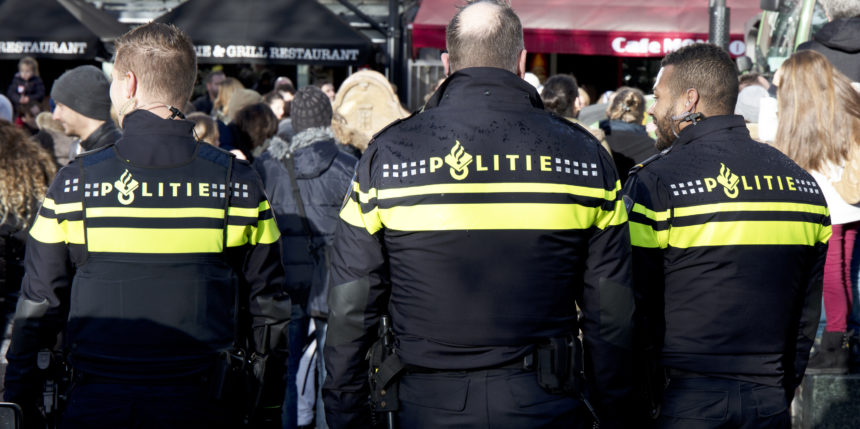Scientifically strengthen police research and practice

The research program is in line with the Strategic Research Agenda for the Police, and examines how police action works, in what circumstances those action work, for whom, and by whom it works. NSCR uses advanced scientific methods and the latest, current insights and theories, applied to the Dutch context. The program takes research into police actions to a higher scientific level and will deliver high quality, internationally peer-reviewed publications.
Police and Ministry of Justice and Security
The police and the Ministry of Justice and Security want to be prepared for the future and therefore stimulate the development of the police organization.
Liesbeth Huijzer, Police Management: "We want to gain fundamental insight into the effect of our actions and the contribution this makes to the safety of our society. The NSCR research program promises to generate this knowledge in close collaboration with the police and the Ministry of Justice and Security. We look forward to gain new knowledge together."
Traditionally, security and crime have been studied from different angles and disciplines. In this program, these disciplines will work together from different universities (of applied sciences). The specific expertise of the Police Academy is also involved. The program strives for answers to the questions of the police by means of innovative, high quality and long-term scientific research. Police officers are also explicitly invited to help, the police organization benefits from this. This unique collaboration is in line with the police's aim to form new security coalitions and to be open and transparent about the work and the organization. In addition, scientists can use this to make an independent judgment about police actions.
Monique Vogelzang, Director-General of Police and Security Regions, Ministry of Justice and Security: "With the police, we want to contribute to the safety of citizens. We want to learn from that commitment, what are its effects, and does it ultimately benefit our citizens? We need scientific research to explore this. It is great that we are working together with the police and the Police Academy to let NSCR research precisely those fundamental questions in the coming years."
NSCR: results of research directly relevant and usable for practice
Particularly in the field of crime and law enforcement, the obvious question is what science can contribute to policy and practice. NSCR conducts fundamental scientific research into explanations for crime, but also into social responses to crime (approach and sanctions). That is why the results of research are directly relevant and usable in practice. By working closely together with the police and the Ministry of Justice and Security, a better understanding of the issues and problems they face is created. On the other hand, the parties involved learn through thorough multi-year research what helps in solving these problems. In addition, this collaboration is important for the young researchers who are educated, because they are challenged to link their scientific work to practical issues.
Peter van der Laan, Director a.i. NSCR: "With this framework agreement, independent scientific research into the police function is given an enormous boost. It shows courage of both the ministry and the National Police – when the police is facing major challenges – to say to NSCR: Develop a reserach program and surprise us with ideas, innovations and thorough research. I am sure that the results of our research will contribute to a well-functioning police force."
The initiators of this research program explicitly invite people from the police practice, the Police Academy and Dutch universities (of applied sciences) to participate in the conduction of this research program. If you would like to cooperate, if you have an idea or valuable input, please send an email to program leader Stijn Ruiter at ruiter@nscr.nl and / or to the police research coordination via Onderzoekscoordinatie@politie.nl.
Share this article
Actuele berichten

